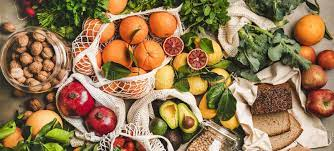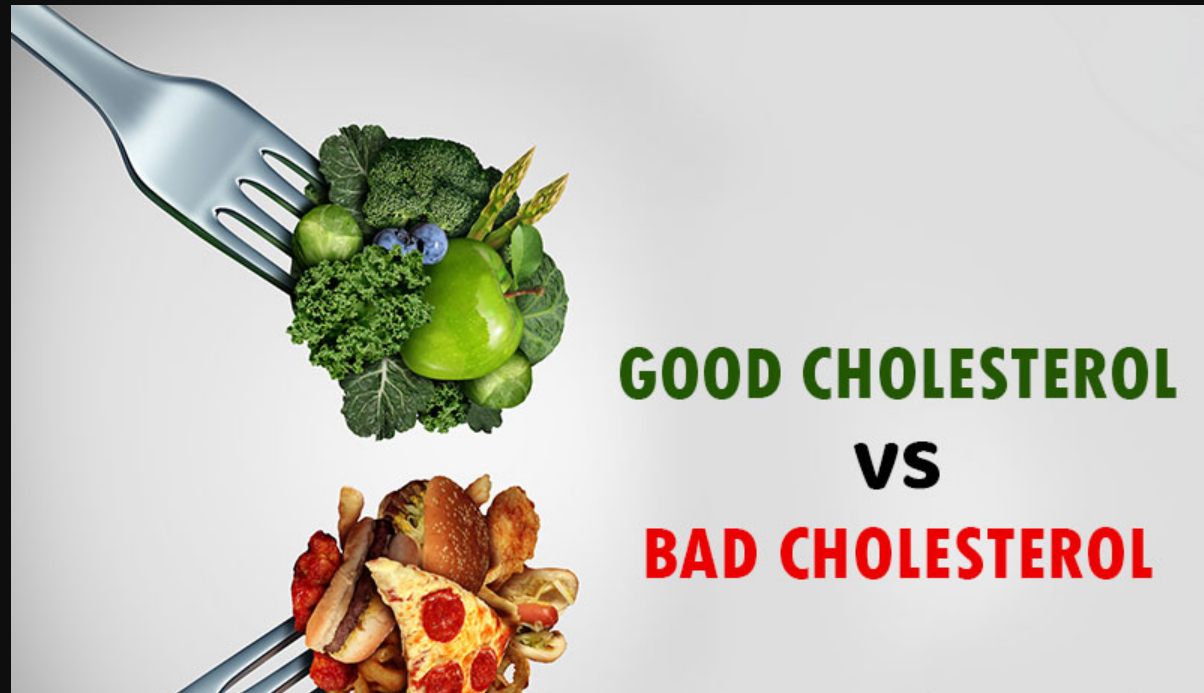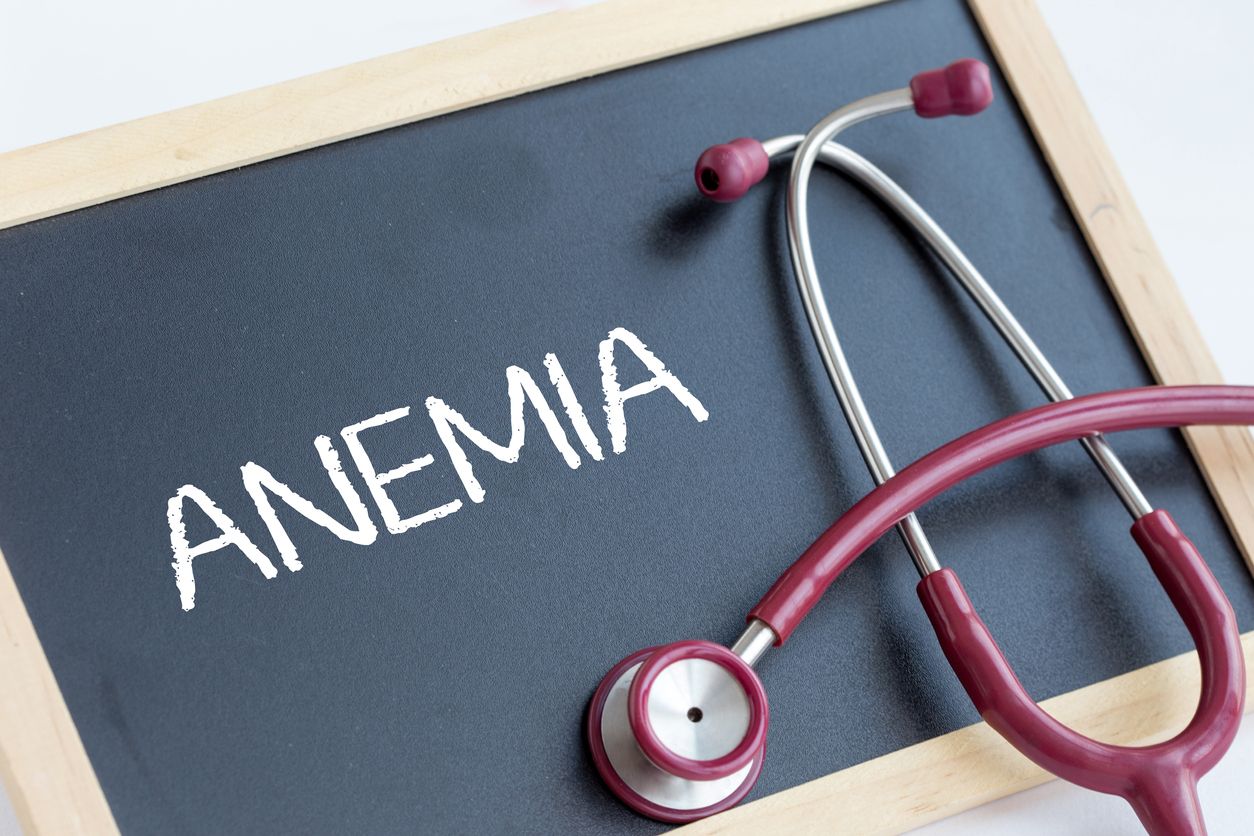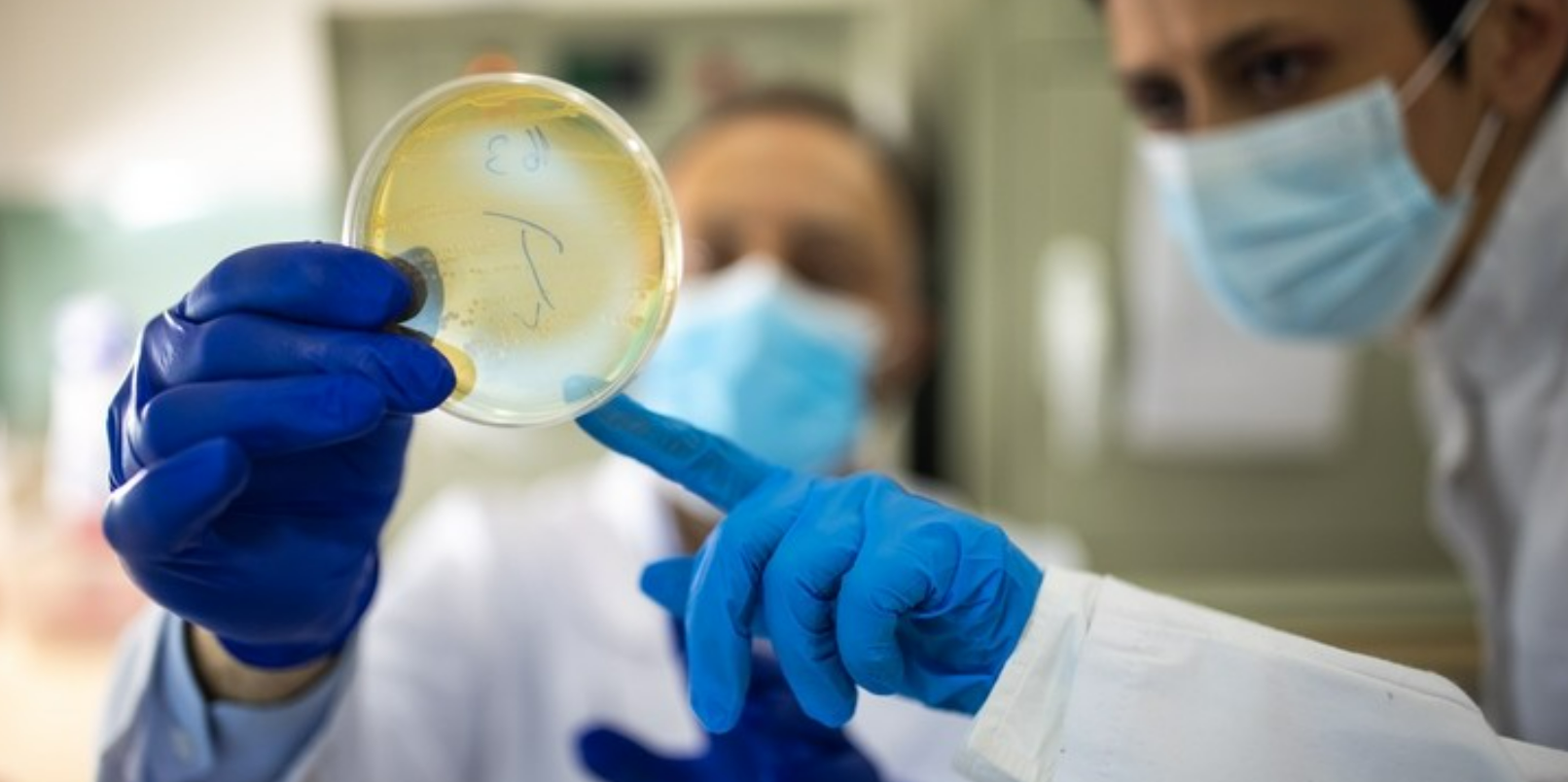Cold and Flu: Effective Strategies for Prevention and Recovery
When the word 'cholesterol' is mentioned it often evokes an image of something harmful a substance to be avoided for the sake of our health. This negative connotation stems from numerous public health messages over the years associating high cholesterol levels with a greater risk of heart disease. However this view oversimplifies what is in reality a much more complex story.
The truth is not all cholesterol is detrimental to our health. In fact cholesterol plays an absolutely vital role in our bodies participating in several essential biological processes. It is a fundamental building block in the formation of our cell membranes giving them the necessary fluidity and integrity. Cholesterol also serves as a substrate for the production of steroid hormones including cortisol estrogen and testosterone which regulate a broad range of physiological functions. Moreover cholesterol aids in the synthesis of bile acids assisting in the digestion and absorption of dietary fats.
Cholesterol and Heart Disease
Cholesterol is a fat-like substance found in all cells of the body. It's necessary for the production of vitamin D certain hormones and substances that help you digest food. However too much cholesterol in the blood can increase your risk of developing heart disease.
There are two primary types of cholesterol: Low-Density Lipoprotein (LDL) and High-Density Lipoprotein (HDL). LDL or "bad" cholesterol can build up on the walls of your arteries and form plaques – a condition known as atherosclerosis. These plaques can narrow the arteries reduce blood flow and lead to serious problems including heart attack or stroke.
On the other hand HDL or "good" cholesterol carries cholesterol from other parts of your body back to your liver which removes it from your body. A high level of HDL cholesterol can lower your risk of heart disease and stroke.
Understanding the Role of Diet in Cholesterol Levels
While our bodies specifically our liver naturally produce a significant amount of the cholesterol we need the rest comes from the foods we consume. Our dietary choices can significantly impact our overall cholesterol levels and consequently our cardiovascular health.
One common misconception is that eating foods high in cholesterol directly results in high blood cholesterol levels. This belief while logical oversimplifies the situation. The truth is that the cholesterol we eat has less effect on our blood cholesterol levels than the amount and type of fats we consume.
There are two types of fats that primarily influence cholesterol levels: saturated fats and trans fats. Saturated fats found primarily in red meat and full-fat dairy products raise your total cholesterol and your LDL cholesterol. Trans fats on the other hand both raise your LDL and lower your HDL cholesterol doubling their negative impact. This is why they are considered the worst type of fats to consume.
Foods High in Cholesterol
When we think about foods high in cholesterol certain items often come to mind. These include foods that are high in saturated and trans fats since these types of fats are more likely to raise your cholesterol levels than consuming cholesterol itself. Here are some food items you might want to consider:
- Red Meats: Foods like beef lamb and pork are high in cholesterol and saturated fats. They are often the primary culprits when it comes to raising blood cholesterol levels. It's advisable to limit the consumption of these meats or opt for leaner cuts whenever possible. Alternatives such as poultry fish or plant-based proteins can serve as healthier choices.
- Full-Fat Dairy Products: Full-fat dairy products like cheese milk and butter contain high levels of cholesterol and saturated fats. Over time regular consumption of these foods can contribute to increased cholesterol levels. Consider switching to low-fat or non-fat dairy options for a healthier choice.
- Processed Foods: Many processed foods like cookies crackers and snack foods often contain trans fats one of the most harmful types of fat. Trans fats not only raise your LDL cholesterol but also decrease your HDL or "good" cholesterol. Reading food labels to avoid trans fats can make a significant difference in managing your cholesterol levels.
- Shellfish: While shellfish like shrimp and lobster are high in cholesterol they're low in saturated fats. This means that they won't have as significant an impact on your cholesterol levels as other high-cholesterol foods. However they should still be eaten in moderation.
- Organ Meats: Organ meats like liver and kidney are extremely high in cholesterol. While they are rich in certain nutrients their high cholesterol content means they should be consumed sparingly.
- Fast Foods: Fast foods particularly deep-fried items are high in cholesterol and trans fats. The combination of their high calorie fat and cholesterol content as well as the typically large portion sizes make these foods particularly bad for your cholesterol levels.
- Eggs: It's important to note that while egg yolks are high in cholesterol they're also packed with nutrients. Studies have shown that for most people the cholesterol in eggs doesn't significantly affect blood cholesterol levels the way other high-fat foods do. Eggs can be a part of a balanced diet but as with any food should be consumed in moderation.
How to Maintain a Healthy Cholesterol Balance?
Maintaining a healthy cholesterol balance involves more than just watching what we eat. It's about making a series of lifestyle choices that support heart health. Here are several strategies to help maintain a healthy cholesterol balance:
- Balanced Diet: First and foremost opt for a balanced diet. This means including a variety of fruits vegetables whole grains lean proteins and healthy fats in your meals. Minimize your consumption of foods high in saturated and trans fats such as red meats and full-fat dairy products. Instead opt for foods rich in omega-3 fatty acids (like fish) and foods high in fiber.

- Regular Exercise: Regular physical activity is also crucial for maintaining healthy cholesterol levels. Exercise increases the level of HDL (good) cholesterol while decreasing LDL (bad) cholesterol in your body. Try to engage in moderate physical activity for at least 30 minutes on most days of the week.
- Weight Management: Maintaining a healthy weight can help regulate your cholesterol levels. Losing even a small amount of weight can significantly reduce levels of LDL cholesterol.
- Avoid Tobacco Smoke: Smoking can lower your good cholesterol increase your bad cholesterol and increase your risk of heart disease. If you don't smoke don't start. If you do smoke quitting will improve your HDL cholesterol level.
- Moderate Alcohol Intake: While moderate alcohol consumption can potentially increase your HDL cholesterol level too much alcohol can lead to serious health problems including high blood pressure heart failure and strokes. If you drink alcohol do so in moderation.
- Regular Checkups: Regular health checkups and cholesterol screenings are an important part of maintaining a healthy cholesterol balance. They allow for early detection and management of high cholesterol.
How to Prevent High Cholesterol?
High cholesterol often leads to heart disease one of the leading causes of death worldwide. However it is largely preventable with the right lifestyle modifications. Here are some key preventive measures you can take to avoid high cholesterol:
- Maintain a Heart-Healthy Diet: Be mindful of what you eat. Cut back on saturated fat found in red meats and full-fat dairy products and avoid trans fats typically present in many processed foods. Incorporate more 'good' fats into your diet such as omega-3 fatty acids found in certain types of fish like salmon and mackerel. Increase your fiber intake by eating more fruits vegetables and whole grains.
- Exercise Regularly: Regular physical activity helps boost your body's HDL or 'good' cholesterol while reducing LDL or 'bad' cholesterol. It also helps keep your weight under control. The key is consistency - strive to include at least 30 minutes of exercise into your daily routine whether it's a brisk walk a bicycle ride or an online fitness class.
- Avoid Smoking: Smoking lowers your good cholesterol especially in women and increases your bad cholesterol. Quitting smoking can improve your good cholesterol level and benefit your overall heart health.
- Limit Alcohol Consumption: While moderate alcohol consumption can potentially raise your HDL cholesterol level remember that too much alcohol can lead to serious health problems including high blood pressure heart failure and strokes.
- Maintain a Healthy Weight: Extra pounds contribute to high cholesterol. Shedding excess weight helps improve your cholesterol levels. Simple changes like choosing healthier snacks swapping sugary drinks for water or reducing portion sizes can help.
- Regular Health Screenings: It's crucial to get your cholesterol levels checked regularly especially if high cholesterol runs in your family. Early detection means you can start treatment sooner if necessary.
Conclusion
Maintaining a healthy cholesterol balance is crucial but it doesn't need to be complicated. Cholesterol isn't all bad; we need it in our bodies. The real goal is about maintaining the right balance and a lot of that comes down to our daily choices.
Eating a balanced diet plays a big role in managing cholesterol. Try to cut back on foods high in unhealthy fats like red meats and full-fat dairy and eat more fruits vegetables and whole grains. Foods rich in omega-3 fatty acids like some types of fish are also good for your cholesterol levels.






